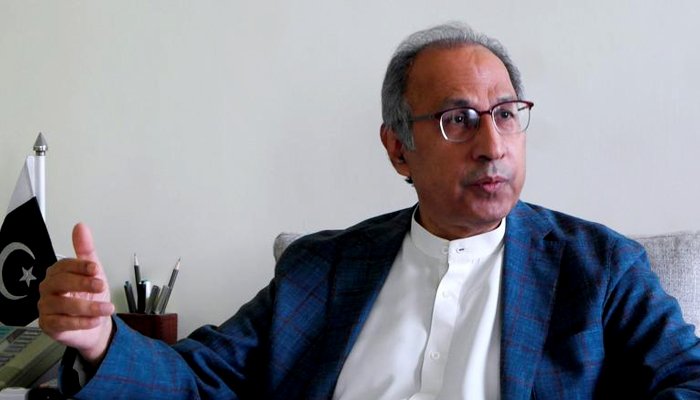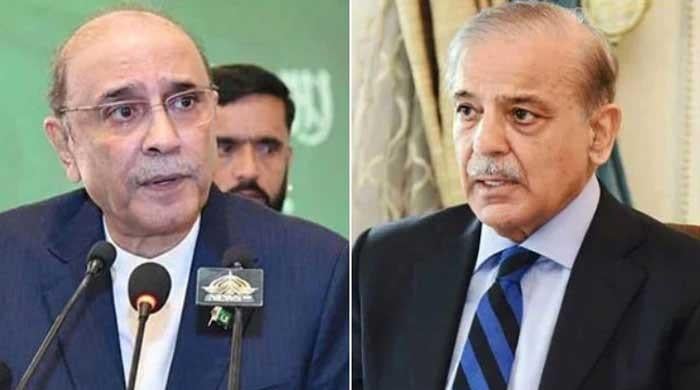What led to the removal of Hafeez Shaikh
Shaikh’s exit marks the second time Prime Minister Imran Khan has changed his finance minister in the two and half years since coming to power
March 30, 2021

On Monday evening, the government sacked finance minister Abdul Hafeez Shaikh and replaced him with the younger Hammad Azhar, who is currently serving as the minister for industries and production.
Shaikh’s exit marks the second time Prime Minister Imran Khan has changed his finance minister in the two and half years since coming to power.
The economist was appointed an advisor to the prime minister for finance in April 2019, after Khan’s close confidant Asad Umar was removed from the finance ministry.
Then in December, Shaikh was sworn in as federal minister for a period of six months, as the constitution bars an unelected official from heading a ministry for more than a period of six months.
Shaikh’s stint as minister would have expired in June.
In order to sidestep the constitutional provision, the government pushed the economist to run for the upper house of the parliament this year. But Shaikh lost. And now, the finance portfolio has also slipped out of his hands.
So what led to these startling turn of events?
One reason, according to those privy to the developments, was that elected parliamentarians from the ruling party were unhappy with Shaikh’s conduct. He was said to make members of the national assembly and ministers wait outside his office for extended periods of time when they came seeking funds for development projects in their constituencies.
Thus, the clamor against the unelected technocrat had been growing in the elected circles for quite some time now.
The second reason was a recent judgment by the Islamabad High Court which ruled that unelected officials - advisers and special assistants - cannot head government committees. In fact “any executive function performed by an unelected member of the prime minister’s team would deem to have been taken illegally,” the order read.
Also, advisers and special assistants to the prime minister were not even authorised to speak on the government’s behalf, the court directed.
After the judgment, it would have been difficult for Shaikh to continue as an advisor post the end of his six-month term as a minister in June. He would not have been able to chair any committees and neither would he have wielded any executive power.
That is primarily why the prime minister needed an elected representative, therefore Hammad Azhar, to take charge.
Another reason for Shaikh’s removal was the government's failure to tackle inflation. Shaikh, says officials, was unaware of ground realities and couldn't apprehend how much damage inflation has done to the governance of PTI-led government.









